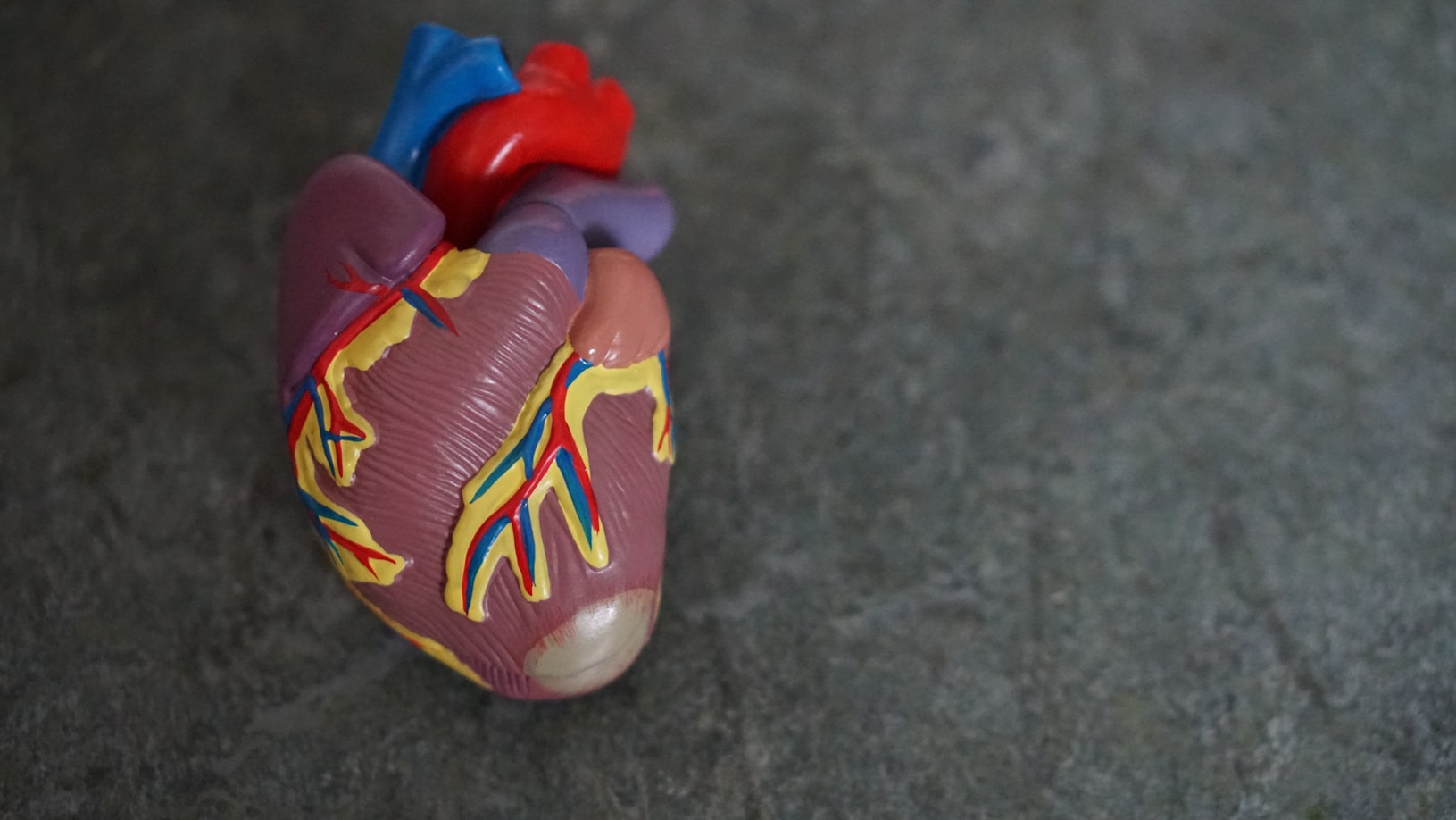Can Your Period Kick You Out Of Ketosis?
Many women who follow a ketogenic diet may wonder if their menstrual cycle can affect their state of ketosis. The ketogenic diet, which is high in fat, moderate in protein, and low in carbohydrates, has gained popularity for its potential benefits in weight loss, improved mental clarity, and increased energy levels. However, the hormonal changes that occur during a woman’s menstrual cycle can impact various aspects of her body, including metabolism and nutrient utilization. In this article, we will explore the relationship between menstruation and ketosis, and whether or not your period can kick you out of ketosis.
The Basics of Ketosis
Before diving into the topic, it’s important to understand what ketosis is and how it is achieved. Ketosis is a metabolic state in which the body primarily relies on ketones, produced from the breakdown of fats, as its main source of energy instead of glucose. This shift in fuel utilization occurs when carbohydrate intake is significantly reduced, forcing the body to burn stored fat for energy.
When following a ketogenic diet, the typical macronutrient breakdown is around 70-75% fat, 20-25% protein, and 5-10% carbohydrates. By severely limiting carbohydrate intake, the body depletes its glycogen stores and starts producing ketones in the liver. These ketones are then used by the body and the brain as an alternative fuel source.
The Menstrual Cycle and Hormonal Changes
The menstrual cycle is a complex process that involves hormonal fluctuations and changes in the female reproductive system. The cycle typically lasts around 28 days, although it can vary from woman to woman. The two main hormones involved in the menstrual cycle are estrogen and progesterone.
During the first half of the cycle, known as the follicular phase, estrogen levels rise, stimulating the growth of the uterine lining. This phase is also associated with increased insulin sensitivity, which means that the body is more efficient at utilizing carbohydrates for energy.
After ovulation, during the luteal phase, progesterone levels increase. Progesterone has been shown to have a slight thermogenic effect, increasing metabolic rate and body temperature. This phase is also associated with decreased insulin sensitivity, which can affect carbohydrate metabolism.
The Impact of Menstruation on Ketosis
While there is limited research specifically examining the effects of menstruation on ketosis, it is unlikely that your period alone will kick you out of ketosis. The key factor in maintaining ketosis is carbohydrate intake. As long as you continue to consume a low-carbohydrate diet, your body will continue to produce ketones and remain in ketosis.
However, hormonal changes during the menstrual cycle can affect other aspects of your ketogenic journey. Here are a few factors to consider:
- Increased cravings: Many women experience increased cravings for carbohydrates and sweets during their menstrual cycle. This can make it more challenging to stick to a low-carbohydrate diet and may increase the risk of consuming foods that can kick you out of ketosis.
- Water retention: Some women may experience water retention during their period, which can lead to temporary weight gain. This weight gain is not due to an increase in body fat but rather fluid retention. It’s important to remember that weight fluctuations are normal and not necessarily indicative of being kicked out of ketosis.
- Changes in energy levels: Hormonal changes during the menstrual cycle can also impact energy levels. Some women may feel more fatigued or experience changes in their exercise performance. It’s important to listen to your body and adjust your activity levels accordingly.
Frequently Asked Questions (FAQ)
1. Can I still lose weight on a ketogenic diet during my period?
Yes, it is still possible to lose weight on a ketogenic diet during your period. While hormonal changes may impact water retention and energy levels, as long as you maintain a calorie deficit and stick to your low-carbohydrate intake, weight loss can still occur.
2. Should I adjust my macronutrient ratios during my period?
There is no need to adjust your macronutrient ratios during your period. However, you may find it helpful to listen to your body’s cravings and make adjustments to your food choices within the confines of a ketogenic diet.
3. Can I consume more carbohydrates during my period?
While it may be tempting to consume more carbohydrates during your period, it is important to remember that excessive carbohydrate intake can kick you out of ketosis. If you feel the need to increase your carbohydrate intake, opt for low-carbohydrate options such as non-starchy vegetables.
4. How can I manage cravings during my period?
Managing cravings during your period can be challenging, but there are strategies that can help. Focus on consuming satisfying meals that are high in healthy fats and protein. Additionally, incorporating foods rich in magnesium, such as dark chocolate or nuts, may help reduce cravings.
5. Can exercise affect ketosis during my period?
Exercise can have a positive impact on ketosis and overall health, regardless of your menstrual cycle. However, it’s important to listen to your body and adjust your exercise intensity and duration based on how you feel. Some women may experience decreased energy levels during their period, so it’s important to prioritize rest and recovery when needed.
6. Will my period affect the accuracy of ketone testing?
While hormonal changes during your period may impact the accuracy of ketone testing, it is generally not significant enough to invalidate the results. However, it’s important to note that individual variations may occur, and it’s always best to consult with a healthcare professional for personalized advice.
Conclusion
While your period may bring about hormonal changes that can impact various aspects of your ketogenic journey, it is unlikely to kick you out of ketosis as long as you maintain a low-carbohydrate intake. However, it’s important to be mindful of increased cravings, water retention, and changes in energy levels during this time. By listening to your body, making informed food choices, and adjusting your exercise routine when needed, you can continue to reap the benefits of a ketogenic diet throughout your menstrual cycle.





